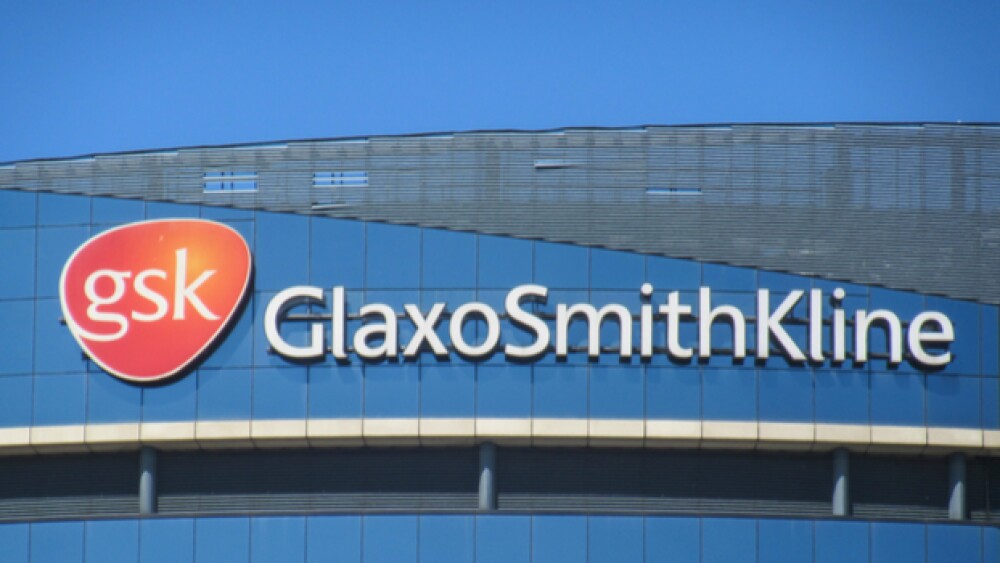The Laboratory for Genomics Research will be funded by GSK up to $67 million over the five-year period and will include space for 24 full-time university employees and up to 14 full-time GSK staffers.
Willy Barton / Shutterstock
London-based GlaxoSmithKline (GSK) launched a five-year collaboration with top CRISPR researchers and the University of California to found the Laboratory for Genomic Research (LGR). The researchers are Jennifer Doudna, University of California Berkeley (UCB) and co-inventor of CRISPR, Jonathan Weissman, University of California San Francisco (UCSF), and Hal Barron, chief scientific officer and president, R&D, for GSK.
“Over the last seven years, CRISPR has transformed academic research, but until the LGR, we haven’t had a focused effort to catalyze the kind of research we know will lead to new innovation using this CRISPR tool,” Doudna stated. “LGR is about building that space where creative science is partnered with the development of robust technology that will help develop tomorrow’s drugs. I think we’re going to be able to do science that none of us can even imagine today.”
The LGR will be funded by GSK up to $67 million over the five-year period and will include space for 24 full-time university employees and up to 14 full-time GSK staffers. The LGR will be located near the UCSF Mission Bay campus in San Francisco and will emphasize immunology, oncology and neuroscience. GSK indicates that its artificial intelligence (AI) and machine learning group will be involved in building the required computational pipelines to analyze the data.
Part of what the LGR plans to do is automate existing CRISPR methodologies in order to scale-up the genome editing.
The LGR is already open and some employees have already been hired. As part of the collaborative agreement between GSK and the university, any new methods for CRISPR that might come out of the lab will be published and made available to academic institutions and the public. GSK will get exclusive first rights to obtain a patent for any drug discoveries for specific diseases that might come out of the laboratory.
Reuters notes, “GSK, which had hired Barron from Alphabet-backed biotech firm Calico in 2017, will become more dependent on its drug development fortunes as it prepares to fold its consumer health business into a joint venture with Pfizer that will be separately listed.”
Part of what the LGR will do is perform tests on irregularities in the human genome and try to understand how they stimulate cells to malfunction—digging deep into the root causes of diseases like cancer, neurological and immunological illnesses.
Barron told Reuters, “Once we understand how that changes its function, we can think about how to mitigate that functional impairment and normalize the cell, and normalize, hopefully, the patient by just developing a drug that could prevent them from developing the disease.”
This is not the first CRISPR-based collaboration. Both Bayer and Vertex Pharmaceuticals independently signed collaboration deals with CRISPR Therapeutics. The Bayer-CRISPR joint venture is dubbed Casebia Therapeutics.
Emmanuelle Charpentier, who is typically described as Doudna’s co-discoverer of CRISPR, is one of CRISPR Therapeutics’ scientific founders. Doudna also was the founder of another CRISPR-based biotech company, Caribou Biosciences.
Since the discovery of CRISPR, there has been an extensive series of legal battles over who actually discovered and/or invented the genome-editing technique. Another researcher, Feng Zhang with the Massachusetts Institute of Technology (MIT), filed the first broad U.S. patent claim on the technology, while Doudna and Charpentier published the first paper describing the technology.





